 W
WFriedel Apelt was a German political activist, trades union official and politician (KPD/SED). During the Nazi years she participated actively in anti-fascist resistance, and spent much of the time in prison or as a concentration camp internee. After the war she was able to resume her political career in the Soviet occupation zone.
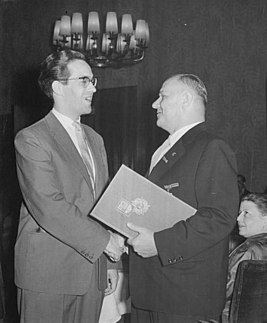 W
WWalter Buchheim was an East German politician and Trade unionist.
 W
WHorst Dohlus was a high ranking SED party functionary in the German Democratic Republic and a member of the country's National Legislative Assembly (Volkskammer).
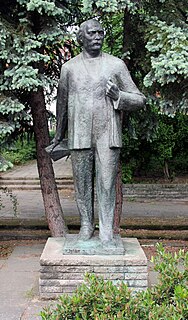 W
WHermann Ludwig Rudolph Duncker was a German Marxist politician, historian and social scientist. He was a lecturer for the workers' education movement, co-founder of the Communist Party of Germany, professor at the University of Rostock, and rector of East Germany's trade union academy.
 W
WRoberta Gropper was a German Communist political activist who became a member of the Reichstag in 1930. In 1934 she fled to the Soviet Union where she fell victim to party factionalism and spent more than three years in a concentration camp: this was followed by a Siberian exile. She was able to return to Berlin in 1947 and became a mainstream politician in the German Democratic Republic .
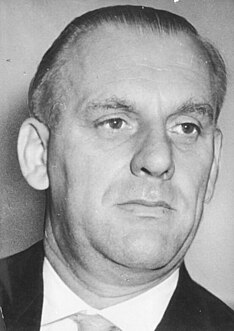 W
WErich Grützner was an East German Trades unionist and a senior official in the country's ruling SED (party).
 W
WAdolf Hennecke, was an official of the German FDGB and of the Socialist Unity Party of Germany. He gave his name to the Hennecke movement, the German Democratic Republic's Stakhanovite activist movement.
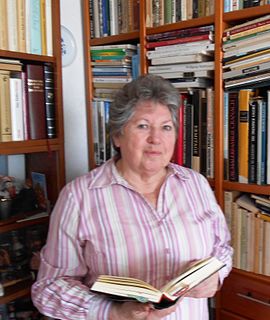 W
WHelga Hörz is a German Marxist philosopher and Women's rights activist. Before 1990 she was a university teacher of Ethics in the Philosophy Department at the Humboldt University in (East) Berlin. She was persuaded to retire on health grounds in October 1990, but in the words of one headline writer slightly less than twenty years later, this has left her "winding down, but not muzzled".
 W
WRudolf (Rudi) Jahn was a German politician and Minister-President of Brandenburg (1949–1952). He was born in Leipzig.
 W
WGustav Ernst Hans Jendretzky was a German Communist politician. He was a prominent politician of the Socialist Unity Party (SED) in the German Democratic Republic.
 W
WKatharina "Käthe" Kern became a German anti-government activist during the Hitler years. After 1945 she quickly emerged as a senior politician and party loyalist in the Soviet occupation zone. She served between 1946 and 1985 as a member of what became the powerful Party Central Committee. A long-standing leading figure in the Ministry for the Health Service), she also served, between 1949 and 1970, as head of the national "Mother and Child department".
 W
WGünter Mittag was a German member of parliament, secretary of the Socialist Unity Party of Germany (SED), and a central figure in East Germany's command economy.
 W
WGerhard Pohl was a German politician and a member of the East German CDU. He served as Minister of Economics from April to August 1990, in the cabinet of Lothar de Maizière.
 W
WGünter Schabowski was an East German politician who served as an official of the Socialist Unity Party of Germany, the ruling party during most of the existence of the German Democratic Republic (GDR). Schabowski gained worldwide fame in November 1989 when he improvised a slightly-mistaken answer to a press conference question. That raised popular expectations much more rapidly than the government planned and so massive crowds gathered the same night at the Berlin Wall, which forced its opening after 28 years. Soon afterward, the entire inner German border was opened.
 W
WHarry Tisch was an East German politician and trade unionist who served as Chairman of the Free German Trade Union Federation between 1975 and 1989. He was also a member of the State Council from 1976 until he was forced to resign in November 1989.
 W
WJohanna Töpfer, née Schrocko, was an East German politician and Deputy Director of the FDGB.
 W
WHerbert Warnke was an East German trade unionist and politician who served as both Chairman of the Free German Trade Union Federation and a member of the Politburo of the Socialist Unity Party.
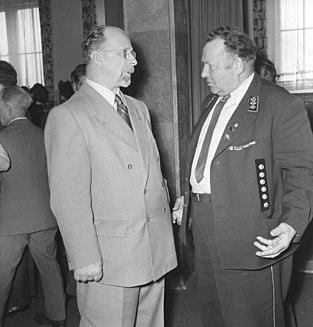 W
WJosef Wenig was a German labour and political activist (KPD). After 1945 he became an important figure in the East German political establishment. He was a member of the ruling party's powerful Central Committee between 1954 and his death in 1981. He was also a member of the country's National Parliament ("Volkskammer") between 1950 and 1981.
 W
WMax Zimmering, was a German writer.